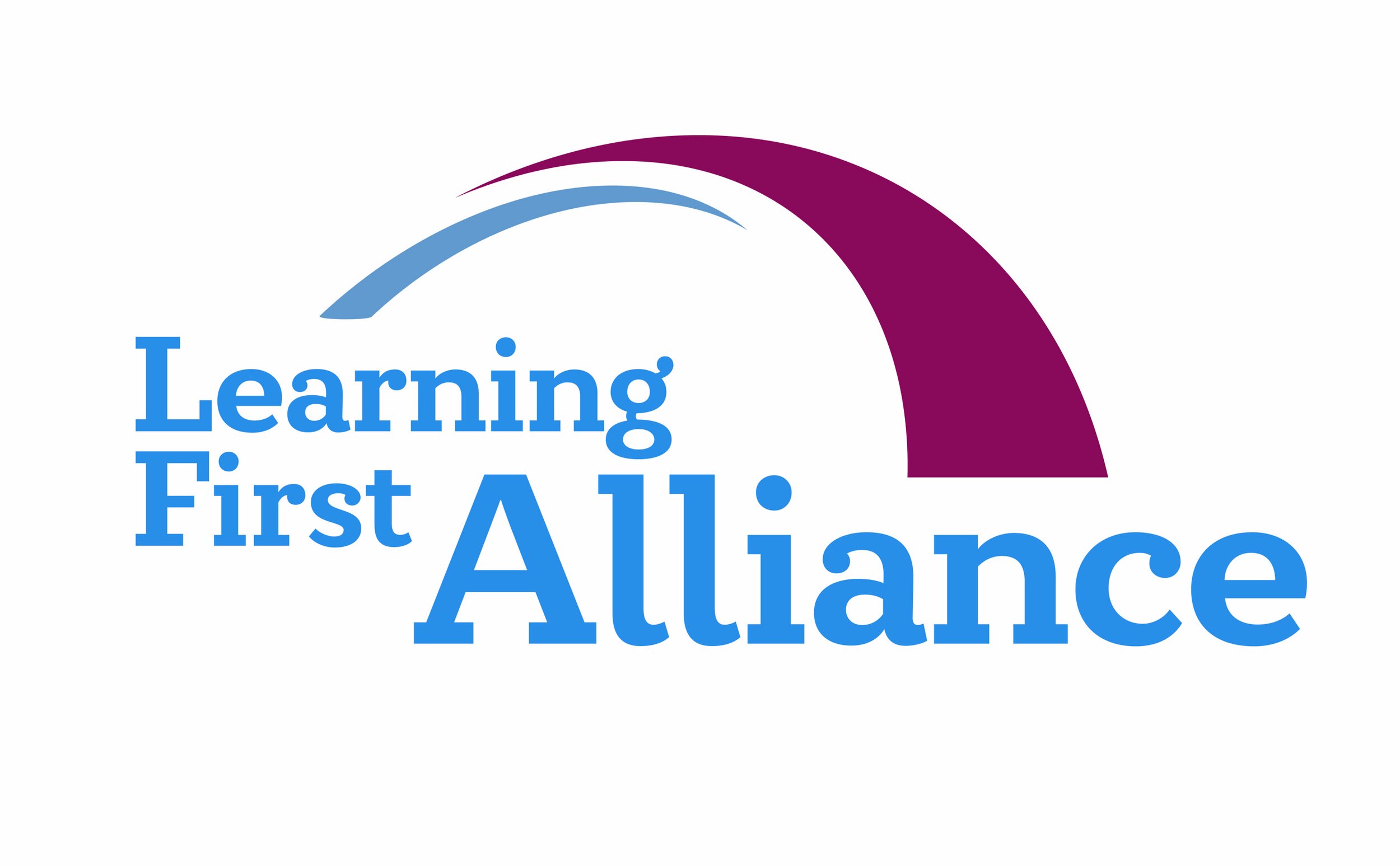Forming Community Partnerships
by Melanie Padget Powers
Kirsten Perry is dogged in looking for community resources and building collaborative partnerships in her work. When she worked as the school counselor Lawndale Community Academy in Chicago, Ill., She pursued a partnership with the Juvenile Protective Association, which now provides a social worker and an intern to Lawndale three days a week to provide individual therapy, small-group therapy and classroom instruction on social/emotional issues. Another organization, UCAN, began working with Lawndale in 2018, providing individual counseling to middle school students one day a week.
Perry also built relationships with the Young Men’s Education Network (YMEN) and A Ray of Hope on Earth, which provide mentoring in small groups. “They talk about things like conflict resolution and goal-setting and making good choices,” she said.
The list of partnerships goes on and on. “That actually is part of being the school counselor,” Perry said. “We’re collaborators. I’m always trying to expand my network. The North Lawndale community may have a lot of problems; however, it also has many organizations doing work to support the community. We’re all in it together.”
The partnerships also expose Lawndale families to resources outside of school. YMEN, for example, has a free afterschool program. Now Lawndale students are familiar with the program and its leaders. “They’re not strangers to them, and they know they can go to that organization after school if something’s wrong or something’s happening, that they could reach out to them,” Perry said.
Some of the programs are free for Lawndale, while others have a sliding scale. Perry often held fundraisers to support the programs; other times her principal found money in the budget.
Internally, Perry and her principal created a mentoring program, pairing about 20 students with their own staff mentor, such as a custodian or lunchroom manager. The students were hand-selected because they had a particular challenge – social/emotional or academic – that could benefit from one-on-one attention. The mentors check in with their student every day. They may ask about a particular challenge or how the student’s homework is progressing, or they may simply ask how the student’s day is going.
“I’m really happy to say that I think every single student in my school building who needs support is receiving it from someone, whether that’s from another staff member, whether it’s from me or it’s from a community partner,” Perry said.
Perry also turned her attention to parent engagement. She has helped parents be aware of community resources while also offering resources at the school. She created a workshop for parents every Wednesday morning on topics focused on them. Topics cover social/emotional issues and college and career readiness. She created a resume-writing workshop for parents, and she reached out to an organization that is available to help parents interested in going to college with the admissions and financial aid application processes.
As the school increased family outreach, staff told Perry they didn’t have working phone numbers for many of the families. Emergency contact forms didn’t always get returned or were outdated months later. Perry suggested updating the field trip forms, which were handed out and returned more often, to request contact information.
Perry constantly looked for creative and new ways to help Lawndale students. But she stresses that she could not implement programs and achieve success without the support and collaboration of her principal, assistant principal, teachers, staff and parents.
